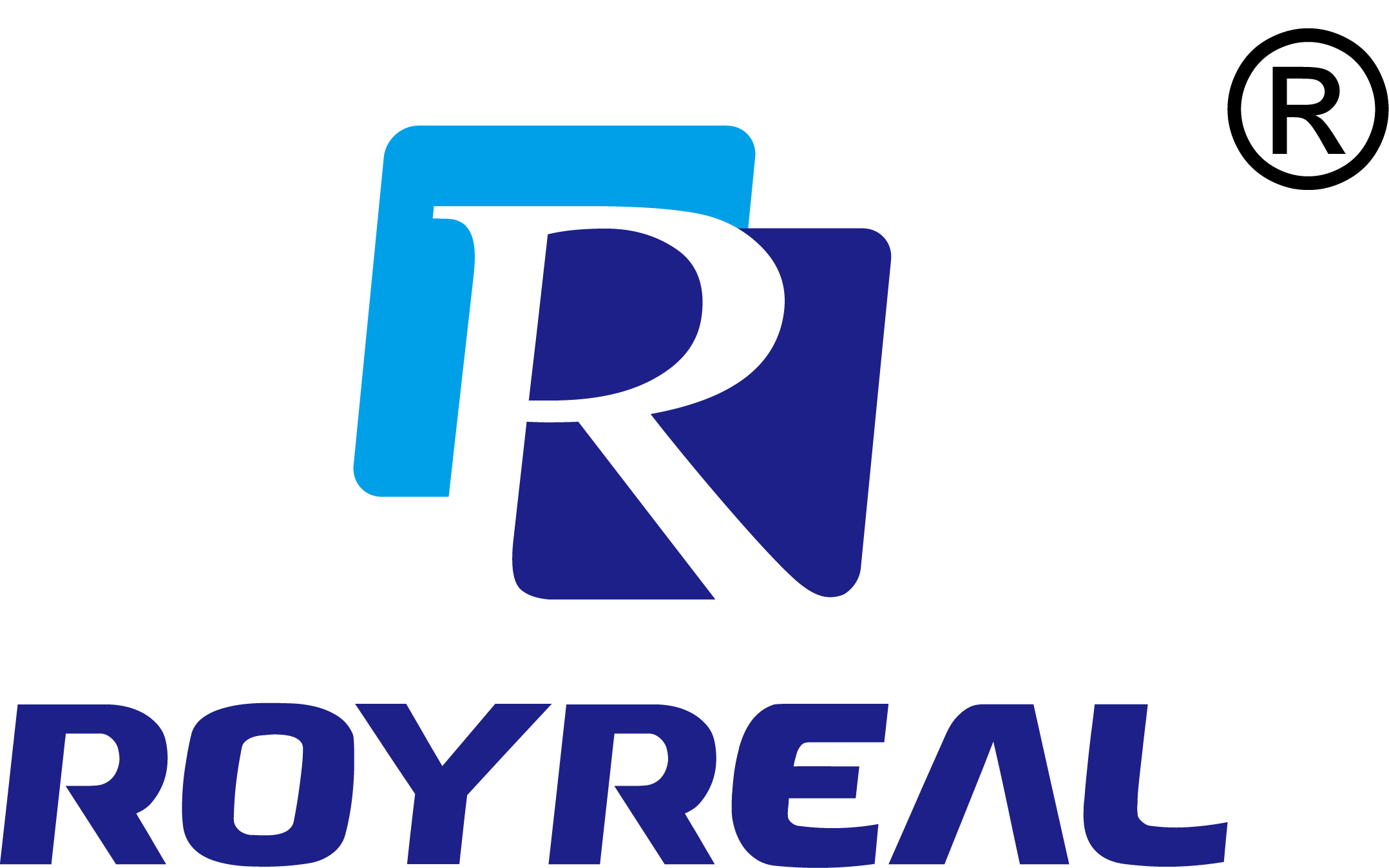Exploring the Application of Wet Gas Meters in Chemical Industries: Enhancing Efficiency and Accuracy in Gas Flow Measurement
Category: Industry News
Time:2024-12-09
Table of Contents
1. Introduction: Understanding Wet Gas Meters
2. The Importance of Accurate Gas Flow Measurement in Chemical Industries
3. Enhancing Efficiency and Accuracy with Wet Gas Meters
4. Applications of Wet Gas Meters in Chemical Industries
4.1 Measuring Gas Flow in Production Processes
4.2 Monitoring Gas Consumption for Cost Optimization
4.3 Ensuring Compliance with Environmental Regulations
4.4 Quality Control and Product Development
5. Advantages of Wet Gas Meters in Chemical Industries
5.1 Improved Accuracy and Precision
5.2 Real-Time Data and Insights
5.3 Cost Reduction and Operational Efficiency
6. Overcoming Challenges in Wet Gas Meter Applications
6.1 Contamination and Maintenance
6.2 Compatibility with Different Gas Types
7. Frequently Asked Questions (FAQs)
7.1 How do wet gas meters work?
7.2 Are wet gas meters suitable for all gas types?
7.3 What are the main advantages of wet gas meters?
7.4 How often should wet gas meters be maintained?
7.5 Can wet gas meters be used in hazardous environments?
8. Conclusion
**1. Introduction: Understanding Wet Gas Meters**
In chemical industries, accurate gas flow measurement is vital for optimizing processes and ensuring efficient operations. Wet gas meters have emerged as a reliable solution for measuring gas flow rates and composition with high precision and accuracy. These advanced meters go beyond conventional methods and provide valuable insights that aid in decision-making and process optimization.
**2. The Importance of Accurate Gas Flow Measurement in Chemical Industries**
Accurate gas flow measurement is crucial in chemical industries due to several reasons. It enables process optimization, enhances production efficiency, and ensures compliance with safety and environmental regulations. Traditional gas flow measurement methods often face challenges, such as inaccuracies, limited data, and maintenance issues. Wet gas meters address these concerns by offering improved accuracy and real-time data, leading to more effective decision-making.
**3. Enhancing Efficiency and Accuracy with Wet Gas Meters**
Wet gas meters utilize innovative technology to measure gas flow rates accurately, even in the presence of liquid droplets or moisture. They employ various principles, such as ultrasonic, vortex shedding, or thermal dispersion, to capture precise measurements. Compared to other types of gas meters, wet gas meters are known for their ability to handle complex gas compositions and provide reliable readings under challenging conditions.
**4. Applications of Wet Gas Meters in Chemical Industries**
4.1 Measuring Gas Flow in Production Processes: Wet gas meters play a crucial role in measuring gas flow rates during different stages of production. They enable real-time monitoring of gas consumption and aid in maintaining optimal process conditions. By accurately measuring gas flow, chemical industries can ensure consistent product quality and improve overall productivity.
4.2 Monitoring Gas Consumption for Cost Optimization: Wet gas meters offer valuable insights into gas consumption patterns, allowing chemical industries to identify potential areas for cost optimization. By understanding gas usage trends and optimizing processes accordingly, businesses can reduce operational expenses and maximize profitability.
4.3 Ensuring Compliance with Environmental Regulations: Wet gas meters assist chemical industries in adhering to stringent environmental regulations. By monitoring gas emissions accurately, these meters ensure compliance and help organizations minimize their environmental footprint. This contributes to sustainable operations and enhances the industry's reputation.
4.4 Quality Control and Product Development: Wet gas meters enable precise gas flow measurements, facilitating quality control and product development in chemical industries. By accurately measuring gas composition and flow rates, these meters assist in optimizing chemical reactions and achieving desired product characteristics.
**5. Advantages of Wet Gas Meters in Chemical Industries**
5.1 Improved Accuracy and Precision: Wet gas meters provide highly accurate and precise measurements, even in challenging gas compositions or varying environmental conditions. This ensures reliable data for decision-making and enhances process control.
5.2 Real-Time Data and Insights: Wet gas meters offer real-time monitoring capabilities, providing continuous data on gas flow rates and composition. This allows for immediate adjustments to optimize processes, detecting anomalies or inefficiencies promptly.
5.3 Cost Reduction and Operational Efficiency: With accurate gas flow measurement and insights from wet gas meters, chemical industries can identify opportunities for cost reduction and operational efficiency. By optimizing gas consumption and minimizing wastage, businesses can achieve significant savings and improve their bottom line.
**6. Overcoming Challenges in Wet Gas Meter Applications**
6.1 Contamination and Maintenance: Wet gas meters may encounter challenges related to contamination from liquid droplets or particles present in the gas stream. Regular maintenance and cleaning procedures are essential to ensure reliable and accurate measurements.
6.2 Compatibility with Different Gas Types: Chemical industries deal with a wide range of gas compositions. Wet gas meters should be carefully selected based on their compatibility with specific gas types to ensure accurate measurements and reliable performance.
**7. Frequently Asked Questions (FAQs)**
7.1 How do wet gas meters work?
Wet gas meters utilize innovative technologies like ultrasonic or vortex shedding to measure gas flow rates accurately. These meters can handle gas compositions that contain moisture or liquid droplets.
7.2 Are wet gas meters suitable for all gas types?
Wet gas meters can be used with various gas types commonly found in chemical industries. However, it is essential to select a wet gas meter that is compatible with the specific gas composition for accurate measurements.
7.3 What are the main advantages of wet gas meters?
The main advantages of wet gas meters include improved accuracy and precision, real-time data insights, and cost reduction through operational efficiency.
7.4 How often should wet gas meters be maintained?
Wet gas meters should undergo regular maintenance and cleaning procedures as recommended by the manufacturer. The frequency of maintenance may vary based on the specific meter and environmental conditions.
7.5 Can wet gas meters be used in hazardous environments?
Wet gas meters can be designed to meet the requirements of hazardous environments. It is crucial to choose wet gas meters with appropriate certifications and safety features for such applications.
**8. Conclusion**
In the chemical industry, the application of wet gas meters revolutionizes gas flow measurement, offering enhanced accuracy, improved efficiency, and reduced costs. These advanced meters play a vital role in optimizing production processes, monitoring gas consumption, ensuring compliance with environmental regulations, and supporting quality control and product development. With wet gas meters, chemical industries can achieve precise measurements, gain valuable insights, and make informed decisions that drive success and competitiveness in the industry.
Keywords:
 EN
EN RU
RU SP
SP
